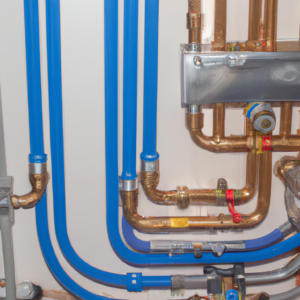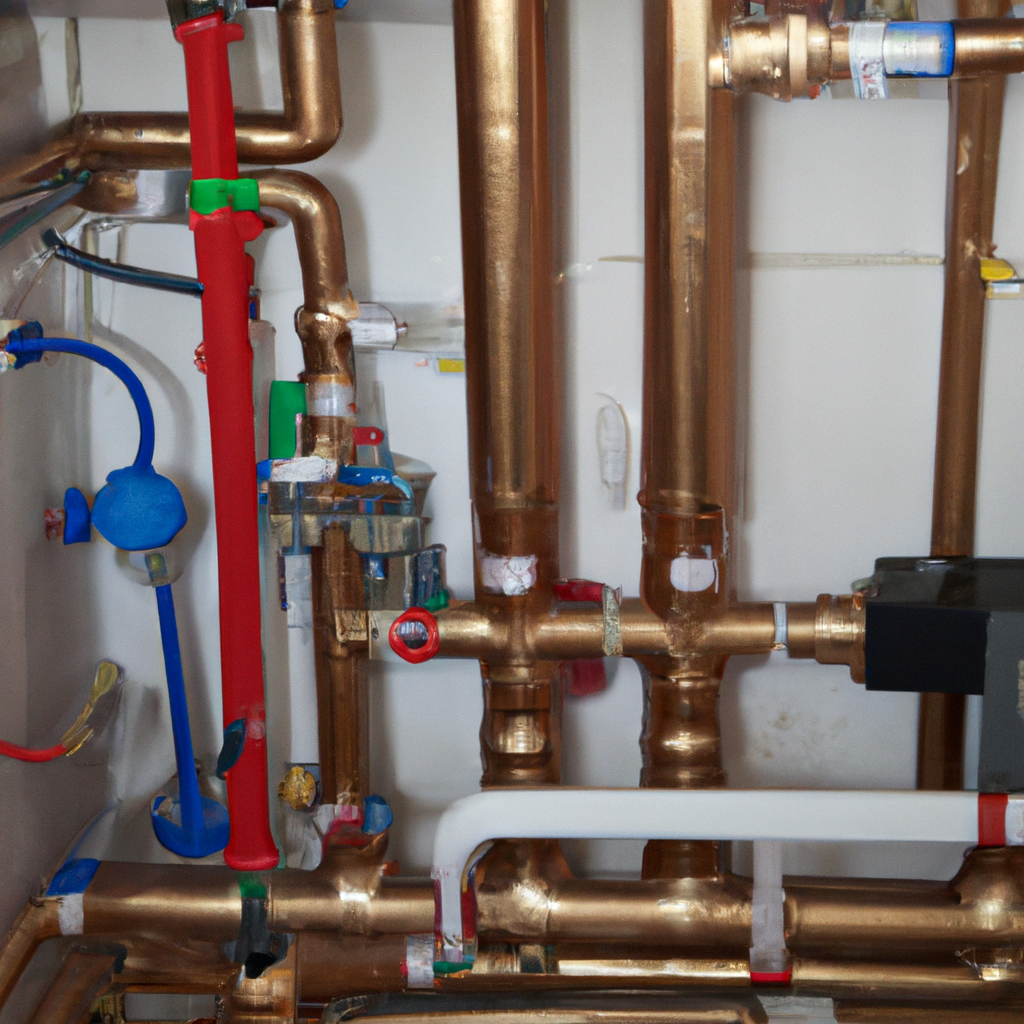When it comes to modern living, few things are as essential as a reliable hot water system. From invigorating morning showers to cozy baths after a long day, our daily routines are intertwined with the availability of hot water. Over time, however, even the most dependable systems can start showing signs of wear and inefficiency. This is where upgrading to a new hot water system comes into play, ensuring not only improved performance but also cost savings and reduced environmental impact. In this article, we’ll explore the crucial factors you need to consider when making the switch.

New hot water system
Signs It’s Time for an Upgrade
Before delving into the various options available, it’s essential to recognize the signs that indicate your existing hot water system is due for an upgrade. One common red flag is inefficient performance. If you find yourself running out of hot water more frequently or dealing with inconsistent water temperatures, it might be time to make a change. Additionally, if you’re constantly calling for repairs or noticing a steady increase in your energy bills, these are clear indicators that your current system might be on its last legs.
Types of Hot Water Systems
Before you start shopping for a new system, it’s essential to understand the different types available. Tankless water heaters, for instance, are known for their energy efficiency and compact design. These units heat water on demand, eliminating the need for a storage tank. Solar water heaters harness the power of the sun to heat water, making them an eco-friendly option in sunny regions. Heat pump water heaters, on the other hand, transfer heat from the air or ground to warm the water—an energy-efficient alternative worth considering.
Factors to Consider When Upgrading
Several factors should guide your decision when upgrading to a new hot water system. Begin by assessing your household’s size and hot water demand. A larger family will require a system with a higher capacity to meet their needs adequately. Energy efficiency is another critical consideration. Opting for an energy-efficient system not only reduces your carbon footprint but also leads to significant long-term cost savings. Keep in mind that installation cost and available space will also influence your choice. Some systems might require more space for installation, and the upfront costs can vary.
Choosing the Right Size
Selecting the appropriate size for your new hot water system is crucial to ensure optimal performance. To determine the right size, calculate your household’s hot water usage. Consider the number of people in your home, the frequency of hot water usage, and the simultaneous demands on the system. Consulting sizing guidelines provided by manufacturers will also help you make an informed decision.
Energy Efficiency and Cost Savings
Investing in an energy-efficient hot water system not only benefits the environment but also your wallet. Look for systems with Energy Star ratings, as they meet stringent efficiency standards. While the initial cost might be higher, the long-term savings in reduced energy bills can offset the investment over time.
Installation Process
Professional installation is recommended when upgrading your hot water system. Trained technicians have the expertise to ensure proper installation, minimizing the risk of issues down the line. Keep in mind that installation may cause temporary disruptions to your water supply, so plan accordingly.
Maintenance and Longevity
Regular maintenance is essential to prolong the lifespan of your new hot water system. Consult the manufacturer’s guidelines for maintenance tasks you can perform yourself. Additionally, schedule professional maintenance to address any potential issues before they escalate.
Environmental Impact
Switching to a new hot water system can significantly reduce your carbon footprint. Systems like solar water heaters and heat pumps utilize renewable energy sources, contributing to a greener future for the planet.
Comparing Brands and Models
Researching reputable brands and reading customer reviews is crucial when narrowing down your options. Look for systems with positive feedback, warranties, and a track record of reliability.
Incentives and Rebates
Many governments offer incentives and rebates for upgrading to energy-efficient hot water systems. Research available programs in your region and find out how to apply for these financial benefits.
DIY vs. Professional Installation
While some homeowners might consider DIY installation to save on costs, professional installation ensures proper setup and reduces the risk of future complications. Weigh the pros and cons before making a decision.
Budget Considerations
When planning your upgrade, consider both the upfront costs and the long-term savings. While energy-efficient systems might have a higher initial price tag, the reduced energy bills can lead to substantial savings over the years.
Preparing for the Upgrade
Before the installation day arrives, prepare the area where your new hot water system will be placed. Clear any clutter or obstacles that could hinder the installation process. Communication with the installer is key, so discuss any specific requirements or preferences you have.
Conclusion
Upgrading to a new hot water system is a significant decision that impacts your comfort, finances, and the environment. By considering factors such as your household’s needs, energy efficiency, and installation requirements, you can make an informed choice that aligns with your goals. Remember that a well-chosen system not only ensures a reliable hot water supply but also contributes to a more sustainable future.


